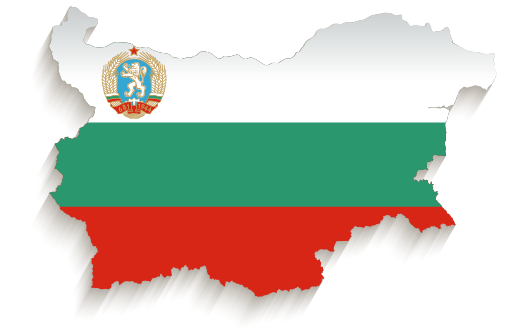(Grant Agreement n. 669194)
(Urbabintsi, 22/8/1936 - Sofia, 31/5/2000)
Minister - Ministry of Foreign Affairs (1971-1989)Secretary - Central Committee Secretariat (1979-1984)

As secretary at the Central Committee Secretariat, he was the head of the Commission of Foreign Policy and International Relations, later as Minister of Foreign Affairs he was in charge of Bulgaria's policy towards and contacts with the EEC.
|
Information on the impact of the Common Market’s expansion and EEC’s free-trade treaties with Sweden, Switzerland, Austria, Finland, Iceland and Portugal on People's Republic of Bulgaria’s economic relations with these countries
TsDA, f. 259, op. 36, a.e. 460 | l. 125-147
Arguing that enhancing political consolidation and economic coordination within the EEC is designed mainly in opposition to the socialist bloc. - Available only in the archive: http://www.archives.government.bg |
|
Report on the concrete issues that People's Republic of Bulgaria could raise on bilateral and multilateral basis with the "Common Market"
TsDA, f. 259, op. 36, a.e. 109 | l. 371-380
Arguing for the need to combine bilateral negotiations with EEC member states with multilateral negotiations with the EEC organs conducted by the CMEA. Available only in the Archive: http://www.archives.government.bg |
|
Report on the state’s additional considerations regarding its position towards the EEC
TsDA, f. 259, op. 36, a.e. 88 | l. 51-72
Discussing the negative effects of the EEC's enlargement and deepening integration on the trade opportunities of socialist countries. - Available only in the archive http://www.archives.government.bg |
